Interventional Cardiology
Interventional Cardiologists use advanced imaging guidance and catheter-bases techniques to perform minimally invasive heart procedures without the need for open-heart surgery
State of the Art Facility: Our cardiac catheterization laboratory uses latest intravascular imaging and physiological studies to guide our procedures to consistently perform complex cases with success. The interventional cardiology program at University Hospital had pioneered a field-based system for the notification of cardiologists of patients with acute myocardial infarction at the point of first contact with EMS. This system, which won multiple awards when it was first introduced, has enabled our program to remain best in class in the provision of door-to-balloon times for ST elevation myocardial infarction.
Detailed hemodynamic studies have been a hallmark of the program with the referrals for pulmonary hypertension (multiple etiologies) with provocative and therapeutic (prostacyclin and NO) studies; evaluation of congenital heart disease in the adult; complex valvular and cardiomyopathic heart disease; and for the evaluation of the end-stage liver disease patient to assess for the presence of hepatopulmonary or porto-pulmonary hypertension and its severity and/or reversibility in patients being considered for liver transplant.
The interventional cardiology program provides full invasive diagnostic vascular studies for all vascular beds and therapeutic interventions in the coronary and peripheral vascular beds and entire spectrum of structural heart disease.
Interventional Cardiology Services We Offer:
- Diagnostic cardiac catheterization and coronary angiography
- Coronary angioplasty and Stenting/Percutaneous coronary intervention (PCI)
- Rotational and orbital coronary atherectomy for calcified coronary stenosis
- Percutaneous left ventricular support device placement
- Right heart catheterization and heart biopsies
- Advanced intravascular imaging and/or flow-based physiologic studies such as intravascular ultrasound, instantaneous wave-free ratio, fractional flow reserve to improve risk stratification and implement best strategy to address complex coronary lesions and interventions
- Patent foramen ovale (PFO) closure
- Atrial septal defect (ASD) closure
- Transcatheter aortic valve replacement (TAVR)
- Percutaneous replacement of degenerated surgical valves
- Transcatheter edge-to-edge mitral valve repair (MitraClip)
- Balloon valvuloplasty for aortic and mitral valve stenosis
- Paravalvular leak closure
- Clot removal with aspiration device (thrombectomy)
- Congenital and acquired defect closure
Conditions We Treat
- Chest pain (Acute coronary syndrome).
- Coronary artery disease
- Aortic stenosis
- Mitral stenosis
- Mitral regurgitation
- Atrial septal defect, patent foramen ovale
- Heart failure
